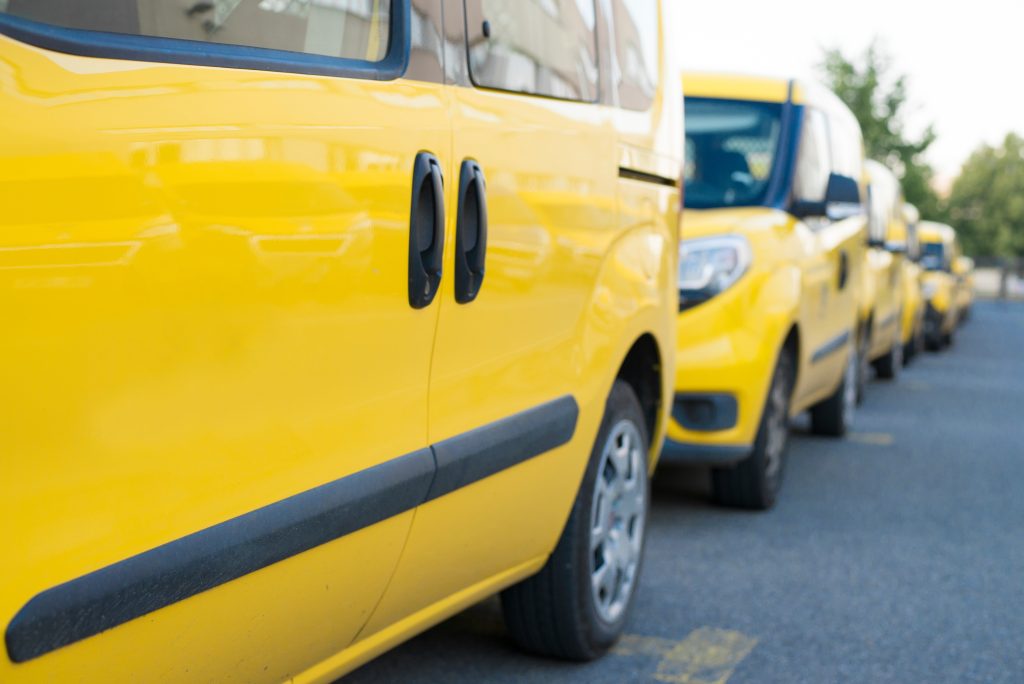On 28 April 2025, the Universal Postal Union (UPU) and the United Nations Institute for Training and Research (UNITAR) jointly hosted the first webinar of their new series on climate action and sustainability in the postal sector. Titled “Overcoming Grid Constraints in Fleet Electrification – Bridging the Gap Between EV Demand and Grid Capacity,” the 90-minute session brought together 51 postal professionals and stakeholders from around the world for an interactive dialogue featuring expert presentations, live polls, and a dynamic roundtable discussion. The session marked the first in a three-part series under the “Climate Engagement Programme for Postal Sector Stakeholders” set to run through 2026.
The event opened with welcoming remarks from Mr. Siva Somasundram, Director of Policy, Regulation and Markets at UPU, and Mr. Angus Mackay, Director of the Division for Planet at UNITAR. Framing the relevance of the issue, Mr. Somasundram emphasized that:
“The transition to electric vehicles is central to the broader transformation of our sector… electric vehicle deployment is not only a climate commitment, it is also a response to evolving market demand.”
And Mr. Mackay underlined the global reach and untapped potential of the postal network, stating:
“How much good can be done by harnessing some of this capacity towards emissions reductions and building capacity?”
The webinar addressed a key challenge faced by postal operators in greening their fleets. While many are actively deploying electric vehicle (EV) fleets, their progress depends on local and national grid infrastructure capacity. Presentations explored these issues from three perspectives: from the postal sector angle and a policy and technology standpoint.
Mr. Malte Schütt of DHL’s Clean OPS Technology Centre, the first speaker to intervene, provided a sector-specific view on smart charging and operational hurdles. Covering the global experiences of DHL, Mr. Schütt highlighted the importance of local energy mix for deciding on the roll out of EV fleets for credible action of decarbonization. Ms. Swetha Ravi Kumar from FSR Global focused on policy , presenting the regulatory landscape that is relevant for grid-resilient fleet electrification. Ms. Kumar encouraged looking beyond the demand side perspective and highlighted the EV charging business models and other service innovations that the postal sectoral players can uptake. Finally, Mr. Canaan Shao, from Wanbang Digital Energy, highlighted key technologies trends to support independent charging systems, centralized energy control systems and split charging architecture that allow for scalable solutions for postal logistics.
The session also featured a mini roundtable with the three speakers that shifted the focus toward investment strategies, exploring how postal fleets can attract funding and innovation through public-private partnerships and co-financing models.
Looking ahead, the webinar series will continue with a second session in late June 2025, followed by a third installment later in the year. Each session will tackle a pressing sustainability challenge facing the postal sector, providing a collaborative space for postal sector workers and stakeholders to exchange knowledge and potentially co-develop actionable solutions.

